The Road Not Taken
SPEAKER
The speaker is Robert Frost.

AGE: 89
March 26, 1874-January 29, 1963
Male
CLASS
American Poet
EDUCATION
Dartmouth College, Lawrence High School, Harvard University
San Francisco, California
Boston, Massachusetts
VOICE WITHIN THE TEXT
Author’s voice
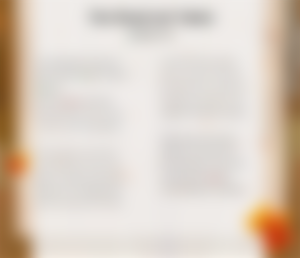
Robert Frost’s poetry is conversational, realistic, rural, and introspective. This helped me visualize the setting of the poem. It’s as if he’s narrating his experience that relates to humanity; as well as sharing the wisdom he gained in his adventure in life.
I received this as his point of view since he introduced himself in the first verse and continuously used “I” throughout the whole poem. I felt like a listener to his story. A story of how decisions make differences.
OCCASION

Written in 1915 in England, "The Road Not Taken" is one of Robert Frosts’ and the world's-most notable poem. Albeit generally deciphered as a festival of rough independence, the poem contains various implications. The speaker in the poem, confronted with a decision between two paths, takes the path more uncommon, a choice which the person assumes had a significant effect. In any case, Robert Frosts makes sufficient inconspicuous vagueness in the poem that it's indistinct whether the speaker's judgment ought to be fully trusted, and in this manner, regardless of whether the poem is about the speaker settling on a straightforward however significant decision, or concerning how the speaker deciphers a decision whose effect is hazy.
I think this may be involved in the political event and an observation.
This poem was written during World War I. It could be written about the events occurring in the war or just a personal conflict that Frost came upon. Maybe Frost was talking about how the leaders of different countries had to decide whether to be involved in the war or not; as well as, to all people during the war where every decision worth lives.
AUDIENCE

The target group of this piece would have either been an individual confronting the choice of which path he/she should take or the head of a nation attempting to choose whether to enter the conflict or not. Furthermore, all the people with decisions involved in world war 1.
In the poem, verse two:
“Then took the other, as just as fair,
And having perhaps the better claim,
Because it was grassy and wanted wear;
Though as for that the passing there
Had worn them really about the same, “
It is a first-person point of view of Frost. I got this as he chose peace since he described the path he took was grassy and wanted wear, the less taken road for an occurring war where many people keep going after gold, glory, and God. The poet was adventurous and wanted to discover how that road was. He wanted to do so something different from the other people.
Another conceivable crowd could be anybody settling on two choices. In verses 3 and 4 occurred whether his decisions are regret, a time when he is doubtful. It is the same with all the people making decisions. We are all unsure of the future but one thing is for sure, nothing changes when there’s no difference. And difference comes after the decision.
PURPOSE

The reason for this poem could be to train individuals to act naturally and not acknowledge peer pressure.
In the poem, Robert Frost chose the road less taken. Though it’s doubtful and had a risk of regret he went with it. It is an adventure into the unknown bravely chosen.
In a life full of prejudice, social, and cultural standards, it is hard to be yourself without hearing or experiencing discrimination or any unfairness. Some may even try to pull you to take the same path as theirs.
We are all unique, we have our own life. It is our decision. Choose for yourself, speak for yourself, lead your own and make a difference.
That’s how Robert conveyed the message of “The Road Not Taken” to me, a reader. He delivered it with encouraging words that inspired me. Of course, as aforementioned, Robert Frosts is realistic, he clearly expressed the doubts and risks that we all experience while making life-changing decisions.
SUBJECT
The subject of this poem is the decision to make between two roads, one less traveled and one worn down.
The poem is introspective so the subject is presented to me, a reader where I have to make an inference
TONE

The tone of this poem is genuine, rousing, and perhaps uplifting. It very well may be genuine because it is being honest by expressing that everybody should come to a choice eventually throughout everyday life and one decision will be what others have done previously and one will be a disagreeable decision. It could likewise be considered motivating and empowering because it is rousing and empowering the crowd to take the less common direction or to act naturally and not continue in the strides of another.
Author's Note:
Thank you as always :)
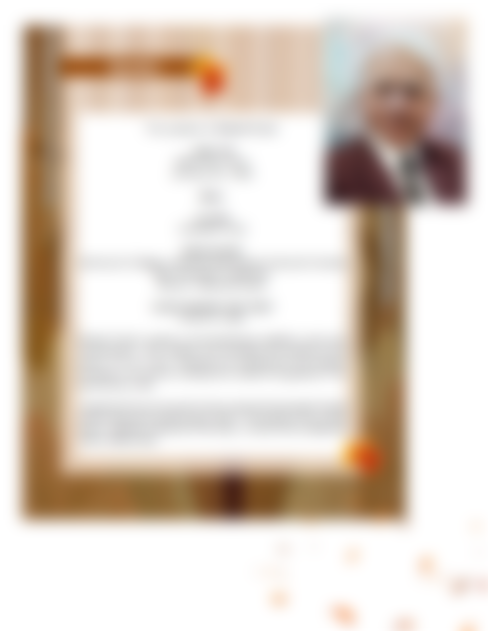
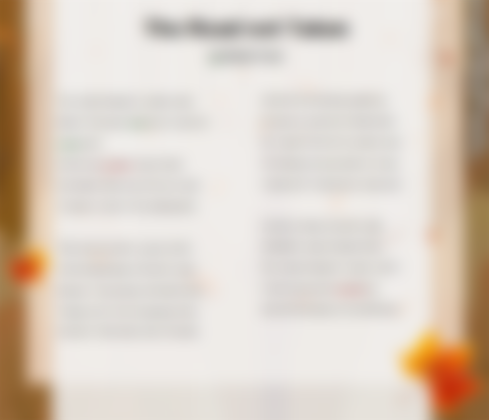
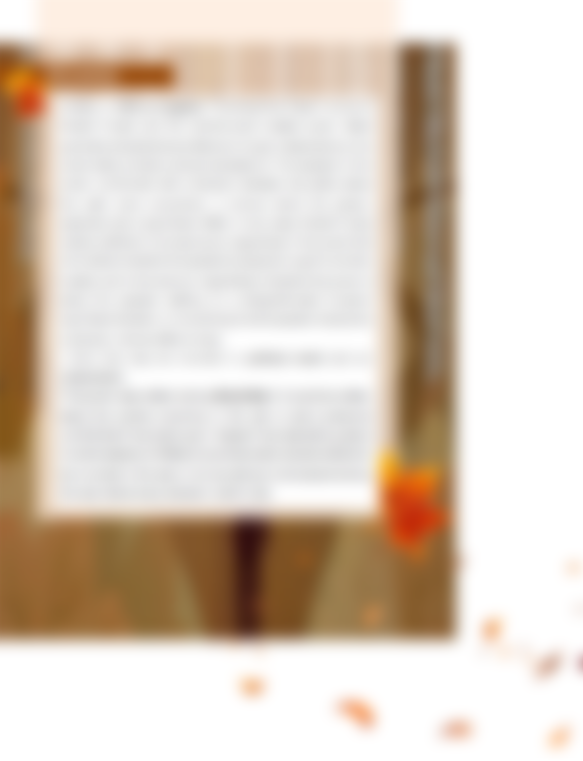
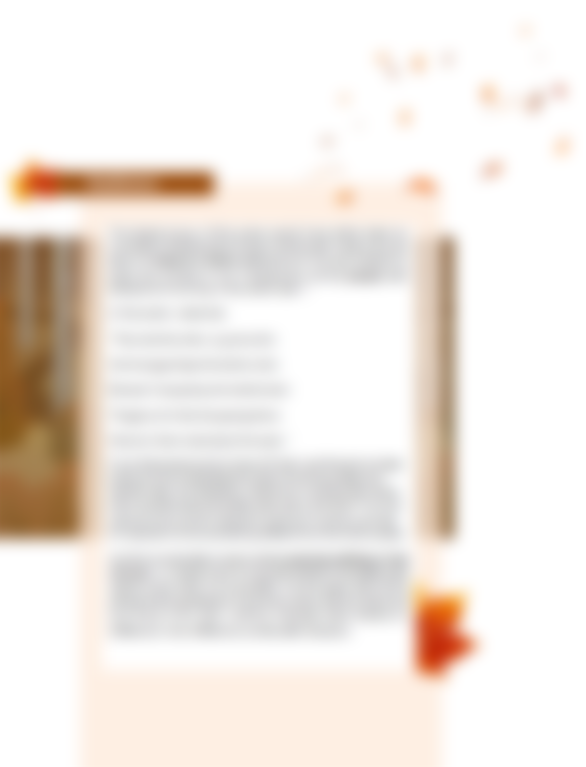
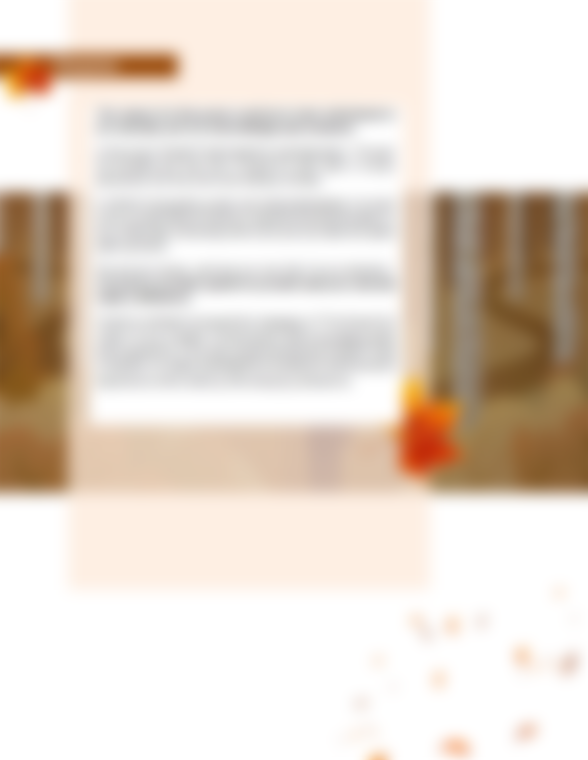

Sorry sis, nagnosebleed ako. Ilang taon na ba akong di nakakabasa ng ganitong klaseng pagsusulat lol. Nice one!